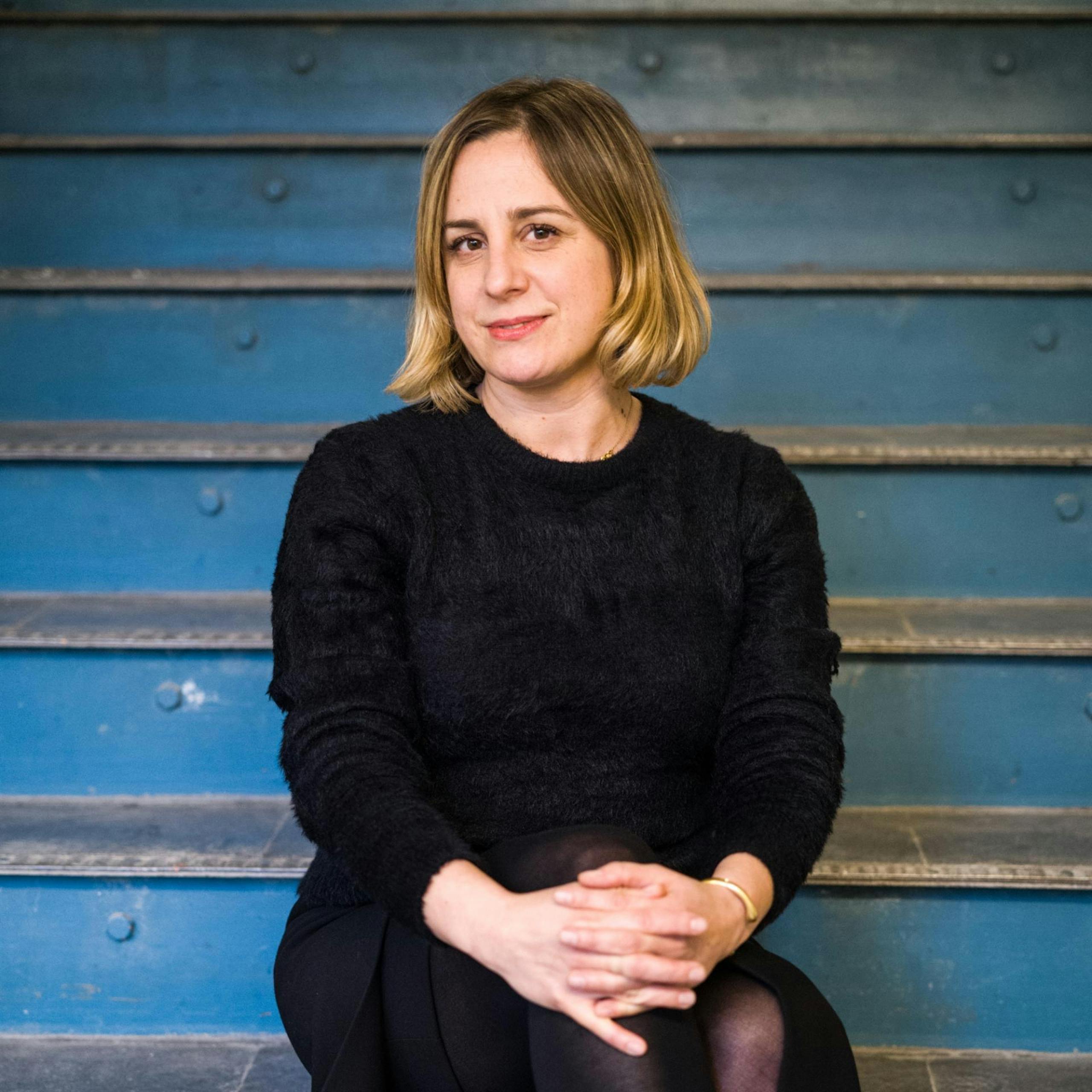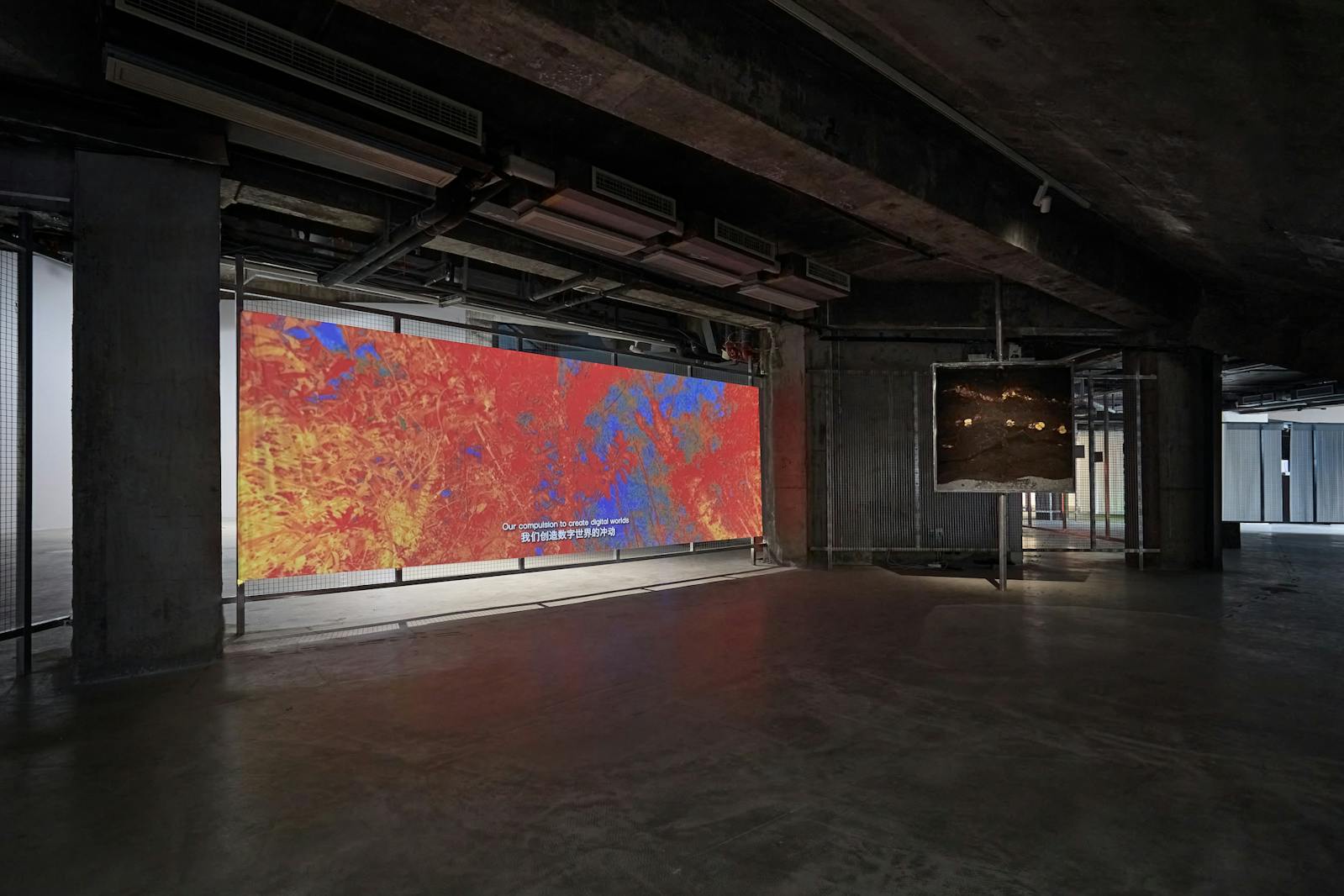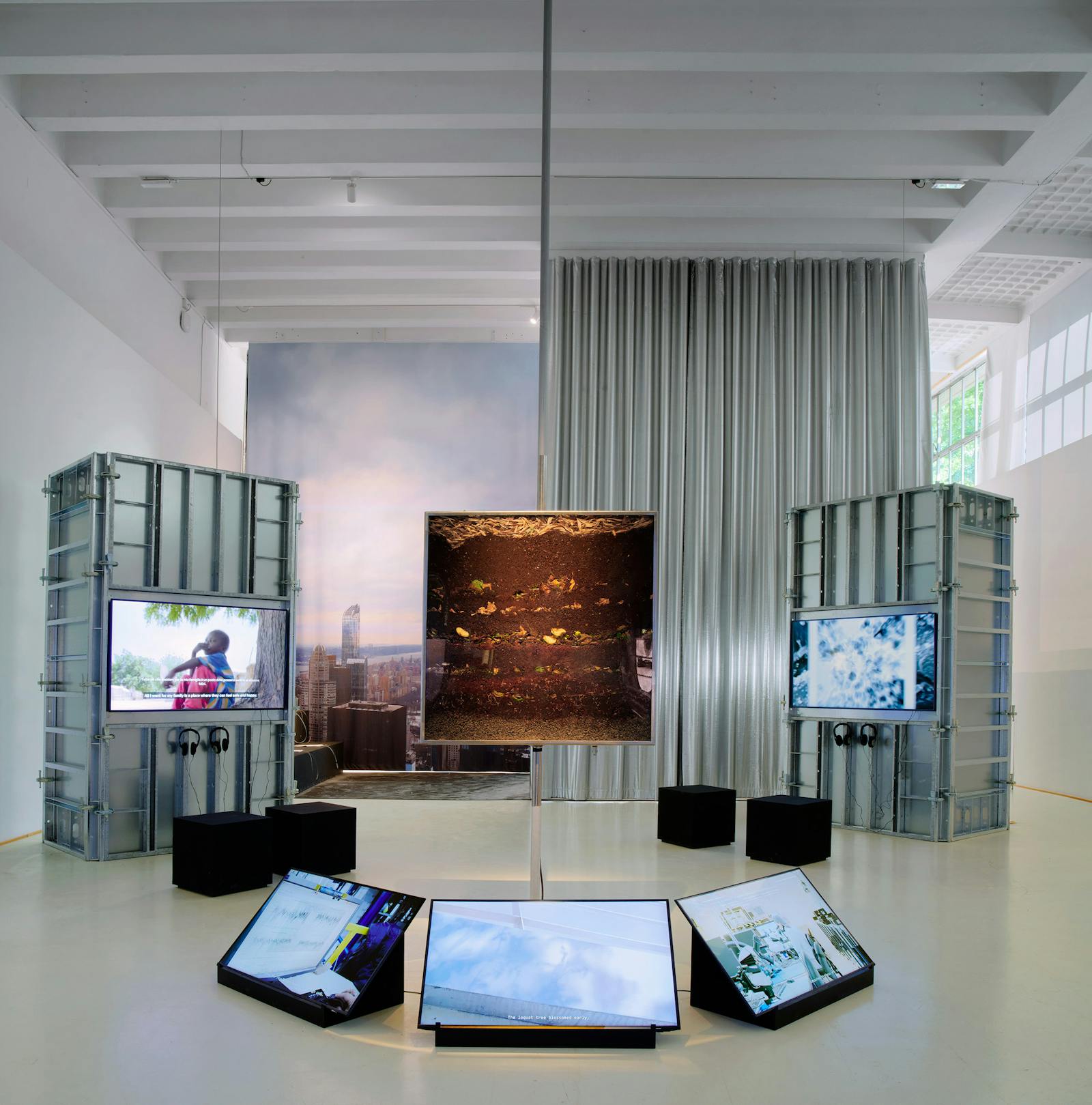
Marina Otero, photo by Boudewijn Bollmann
Marina Otero Verzier
Free admission upon registration
On the occasion of Milano Arch Week 2025 we present a lecture by architect Marina Otero Verzier titled Computational Compost.
This lecture draws upon Computational Compost, a project addressing the environmental impact of data storage that proposes a synergy between technology and ecology, between advanced physics and regenerative design. It consists of a prototype using the heat emitted by computers simulating the universe’s origin to power a vermicomposting machine, where worms and microorganism produce fertile soil. The project reimagines digital infrastructure as a life-generating, ecologically integrated, and democratically governed, challenging the extractive logic of today’s digital systems.
Marina Otero Verzier is an architect and researcher whose work connects marchitecture, technological sovereignty, and environmental justice.
At GSAPP, Columbia University, she leads the Data Mourning clinic, exploring the intersection of digital infrastructures and climate catastrophes. A 2022 Harvard Wheelwright Prize winner, she developes prototypes like Computational Compost and contributed to Chile’s National Data Centers Plan alongside “Resistencia SocioAmbiental – Quilicura” and other frontline communities resisting extractivism. She directed the MA Social Design at Design Academy Eindhoven (2020–2023) and served as Director of Research at Het Nieuwe Instituut (2015–2022).
Credits
Parte di: Milano Arch Week 2025
Highlights

Computational Compost, Beiquiu Museum

Computational Compost, foto di Tabakalera

Archives and collection
Explore hundreds contents →



